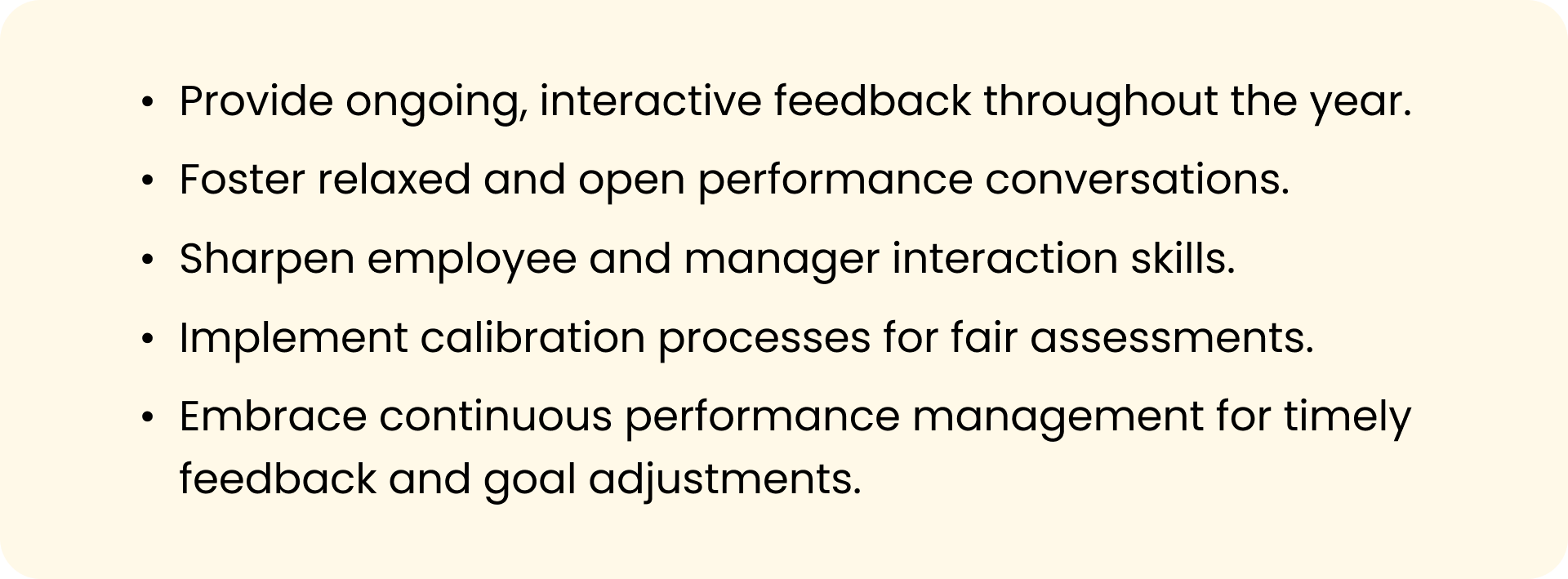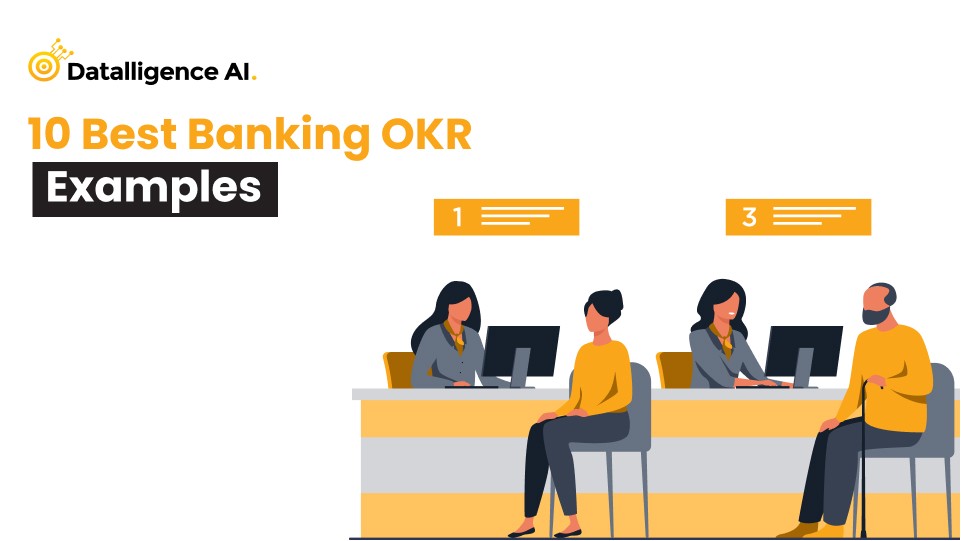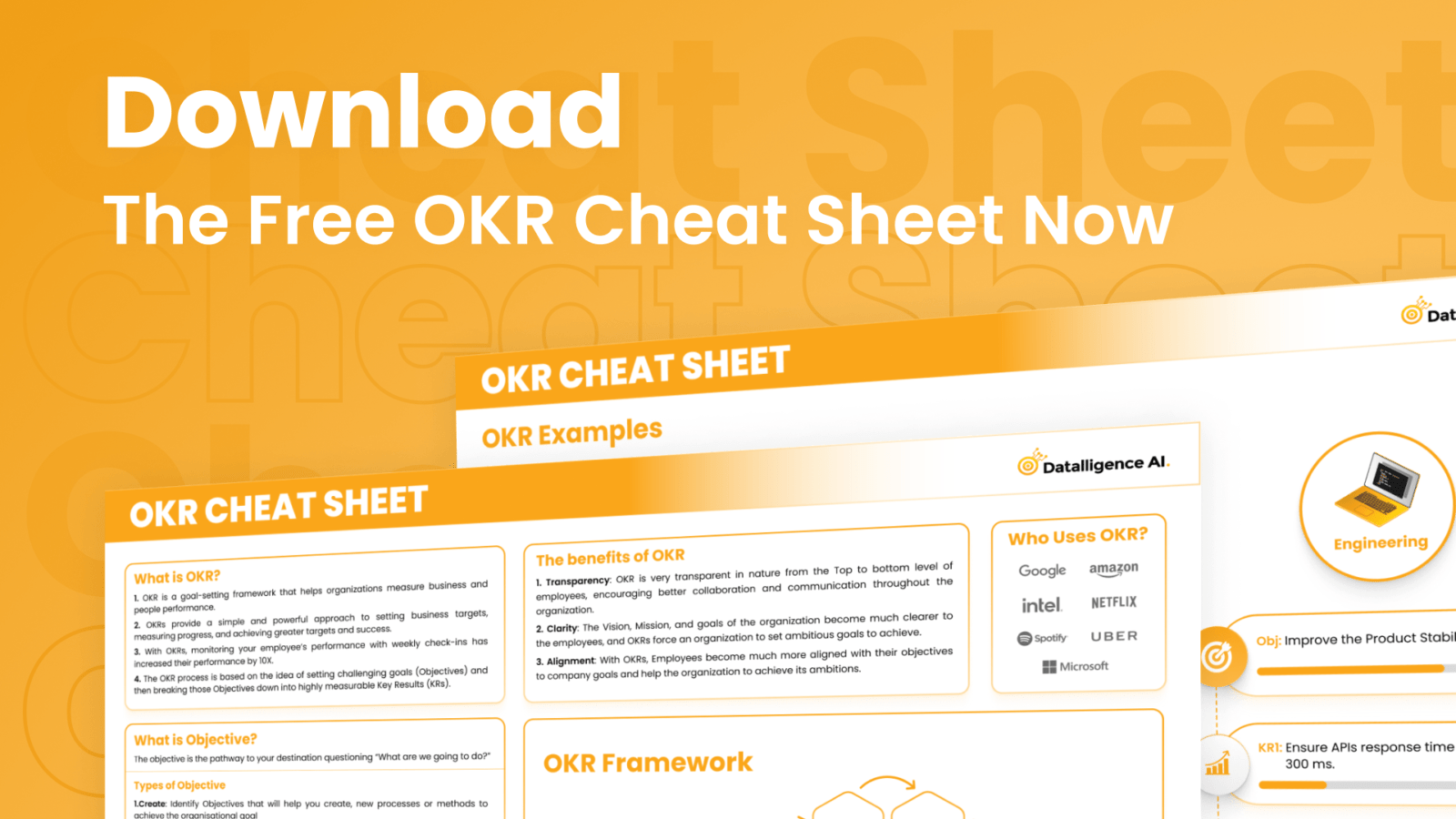In today’s competitive business landscape, organizations strive to optimize workforce productivity and align employee performance with strategic objectives. A performance management system serves as a vital tool in achieving these goals. By tracking and measuring employee performance in a consistent and measurable manner, organizations can foster collaboration, set expectations, provide feedback, and drive overall productivity. In this comprehensive guide, we will explore the key elements of a performance management system, best practices, and emerging trends that can revolutionize your approach to performance management.
A performance management system encompasses a combination of technologies and methodologies to ensure that every employee contributes to the organization’s strategic objectives. It is a collaborative process where managers and employees work together to set expectations, define goals, measure performance, conduct reviews, and provide feedback. When properly implemented, a performance management system enhances workforce productivity, increases employee engagement, minimizes turnover, and maximizes revenue per employee.
Performance management systems are not just about evaluating and appraising employees but also about creating a culture of continuous improvement and development within an organization. By fostering a growth-oriented mindset and providing opportunities for skill enhancement and career progression, these systems can contribute to the professional growth and job satisfaction of employees. They also play a critical role in identifying and addressing performance gaps, which, in turn, can lead to more effective training and development programs. In this guide, we’ll delve deeper into the components and benefits of performance management systems, shedding light on how they can be a driving force for individual and organizational success in today’s dynamic business environment.
Key Elements of a Performance Management System
To effectively implement a performance management system, organizations can leverage performance management software. This software can be implemented on-premise, in the cloud, or within a hybrid environment. Cloud platforms or HR cloud solutions offer numerous benefits, including larger data storage capacities, enhanced security, and seamless integration with complementary applications such as learning and development and compensation systems.
A performance management system relies on three key processes:
1. Plan and Act with Goal Management
- Align employee performance with organizational objectives.
- Collaboratively set meaningful and fulfilling goals.
- Adapt goals promptly in response to shifting business priorities.
2. Monitor with Continuous Performance Management
- Continuously monitor employee goals to ensure alignment with organizational objectives.
- Provide ongoing feedback and guidance to improve performance.
- Recognize and reward good results in real-time.
3. Evaluate and Recognize through Performance Assessments
- Consistently and accurately assess employee performance.
- Recognize and reward strong performers.
- Utilize data-driven insights to quantify the value of your workforce.
Evolution of Performance Management Systems
Performance management systems have evolved significantly over the years. While businesses have been managing individual performance for centuries, formalized models emerged during the First and Second World Wars to understand the strengths and capabilities of military personnel. In the mid-20th century, performance appraisals were introduced in the business world to grade individual performance and assign rewards.
In the 1960s, the focus shifted towards employee development, where performance discussions between employees and managers aimed to improve skills and advance careers. With advancements in technology, performance management systems have incorporated cloud computing, improved user interfaces, and artificial intelligence (AI) and machine learning. However, traditional systems still emphasize quarterly or annual evaluations. Today, businesses are moving towards a more holistic approach that provides ongoing feedback and guidance to help employees achieve their goals.
Who Uses Performance Management Software?
Performance management software benefits any organization with employees, regardless of industry or size. While every employee interacts with the system at some point, managers with direct reports are the power users. Employees collaborate with their managers to define goals, build performance reviews, and participate in 360-degree review cycles. HR professionals define HR processes and systems, ensuring fairness and timely execution. Ultimately, managers are responsible for their team’s performance and actively engage employees in the process.
Importance of a Performance Management System
A well-integrated performance management system offers several benefits beyond increased productivity and employee engagement. By aligning with adjacent business systems, it provides valuable insights for broader human capital management decisions. The system stores and quantifies data from employee-manager interactions, including career aspirations and skill sets, facilitating succession planning and targeted learning and development investments. Performance management software offers an accurate, real-time view of the workforce, aiding in people planning and strategy.
Best Practices in Performance Management
Consistency and transparency are key to optimizing the performance management process. The cycle of goal management, continuous performance management, and assessment is ongoing. To foster effective performance management, organizations should:

Performance Management Advances and Trends
Organizations are shifting from traditional performance management to a continuous performance management (CPM) model. CPM promotes less formal, more frequent employee-manager engagement, with regularly scheduled discussions and ongoing feedback. It eliminates surprises, enables agile goal adjustments, and expedites improvement cycles. Additionally, performance management systems must adapt to support deskless workers who complete tasks away from traditional office environments. They must also accommodate the dynamic nature of teams and integrate with existing systems for streamlined processes and greater insights.
Conclusion
A performance management system is a powerful tool for organizations seeking to enhance workforce productivity, align employee performance with strategic objectives, and maximize revenue per employee. By implementing a performance management system, organizations can set clear expectations, measure performance, provide ongoing feedback, and recognize excellence. As the landscape of performance management evolves, continuous performance management and integration with existing systems emerge as key trends. Embrace the power of performance management to drive organizational success.
Remember, a performance management system is not just a technology solution; it is a strategic approach to managing and maximizing employee performance. With the right system in place, organizations can unlock the true potential of their workforce and achieve sustainable growth.











